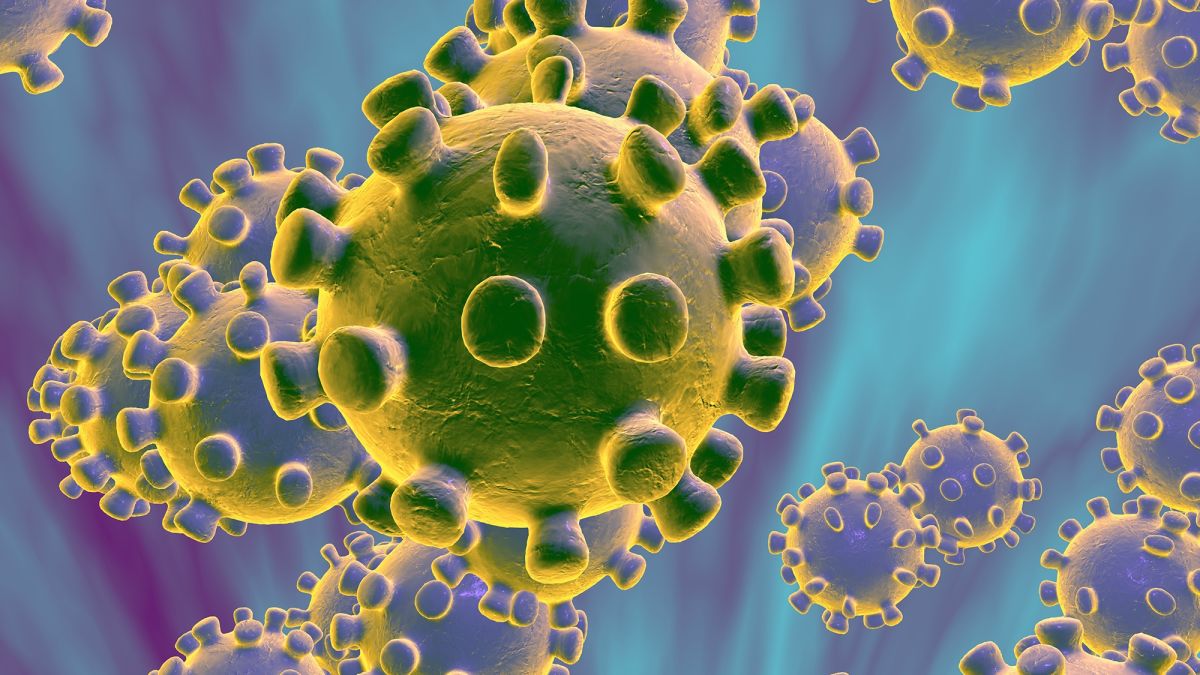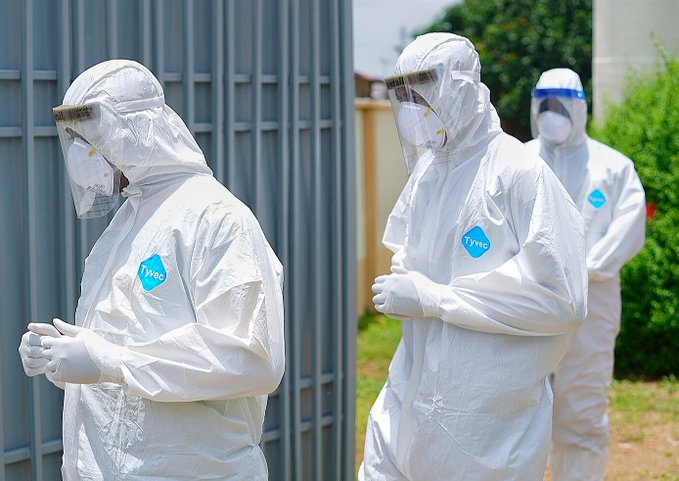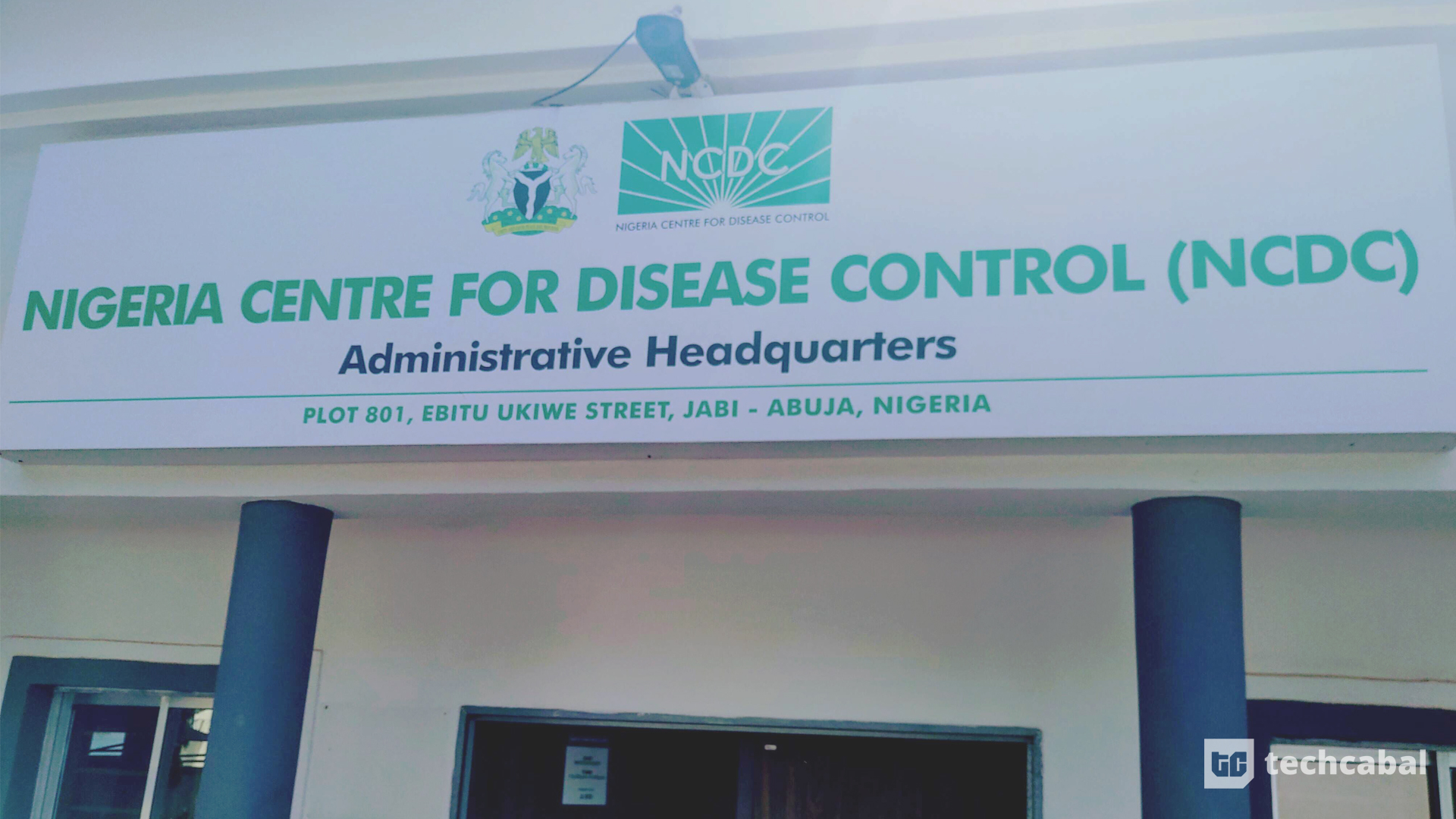By Ehi Braimah
The novel coronavirus, COVID-19, is still on the war path, ravaging the land and killing people. However, we are consoled by the fact that whatever has a beginning will surely have an end and the human race will continue to endure from generation to generation. In challenging times, empathy matters; we have to remain resilient, hopeful, confident, optimistic and thoughtful about the future. The global economy has been severely impacted by COVID-19 and we must therefore adapt our normal lives to the significant changes taking place. What does the foreseeable future look like? We cannot tell but English Naturalist, Charles Darwin (1809 – 1882), famous for his Theory of Evolution, said, “Those who survive are not the strongest or the most intelligent, but the most adaptable to change”.
Every global crisis ushers in a “new cultural moment” which we must adapt to on the one hand, and embrace the challenges and opportunities on the other. As we go along and navigate these unchartered waters, Susan Kobasa, a psychologist writing in www.mindtools.com, reminds us that we must be resilient and never give up. She explains the importance of resilience as our “ability to adapt and bounce back when things don’t go as planned”. Kobasa also highlighted the three characteristics of resilience as ‘challenge’ (resilient people view difficulty as a challenge, not a paralysing event); ‘commitment’ (resilient people are committed to their lives and goals) and ‘personal control’ (resilient people focus on only the things they have control over). COVID-19 will impact our businesses in ways we never imagined but we can empower ourselves by adapting to the new reality and do even greater things.
Talking about changes, our world has also been disrupted by rapidly changing digital technologies in more ways than one and the three biggest enablers are the internet, smart phones and social media. The good news is that these changing technologies continually make our lives better. The largest accommodation provider in the world is AirBnB but it owns no real estate. Who would have thought, some years back, that you can actually share an apartment with strangers? Facebook is the most popular media in the world and yet it provides no content; Alibaba is the most valuable retailer but it has no inventory; Instagram does not sell cameras but we are happy to upload our photographs and share our stories thereby making it the most valuable photo company in the world. Now, we can book rides from our smart phones, making UBER, which owns no vehicle, the biggest taxi company in the world. Most car owners now prefer cab hailing services because it is actually cheaper when you consider the wear and tear on your car and cost of petrol. It is the same story with Netflix, the largest growing TV network that does not lay cables. What would life be like today without access to the internet or without these global tech brands? To be honest, it will be miserable. There’s so much happening on the World Wide Web with endless possibilities. We are gradually being introduced to the internet of things (IoT), augmented reality (AR), artificial intelligence (AI) and 5G technologies.
Technology is placing useful information at our finger tips every blessed day. Computers are becoming increasingly faster, more portable and high-powered than ever before. See how Facebook has brought families and friends together with over 2.5 billion users, taking socialization to a new level. Practically everything – well almost everything – is done on the internet including online banking and online newspapering; businesses and schools have also migrated to the digital space. If you’re travelling, you can book your ticket and make hotel reservation from any device, especially your smart phone. Any business, commercial and non-commercial organisation ignoring the internet does so at its own peril. With just a click of the button, searching the internet has been made easy with Google, the number one search engine brand in the world. According to Walter Landor (1913 – 1995), a pioneer of branding and consumer research techniques widely used to this day, “Products are made in the factory but brands are created in the mind”. Al Ries, one of the world’s best known marketing strategists, agrees that successful brands such as Facebook, UBER, Netflix, AirBnB, Alibaba, Instagram and Google are created in the mind through strategic positioning principles.
Like most businesses, Google also struggled when the company started. In his best-selling book, “Burn the Business Plan”, Carl Schramm, a university professor and entrepreneur, wrote this about Google: “Just as in the big company environment, every startup has to constantly and continuously improve its products if it hopes to survive. Google provides a good example. At first, it foundered in a sea of search engine companies. Many observers didn’t give it a chance in the face of Excite, Webcrawler, Altavista, Infoseek, and Yahoo. (Other than Yahoo, do you recognise those names?) It was not until Google founders, Larry Page and Sergey Brin, hired a professional CEO, Eric Schmidt, who in turn recruited Hal Varian, that the company found a way to make money. As an economics professor at Berkeley, Varian had developed the algorithms that enabled Google to devise targeted advertising. That business competence allowed it to rapidly rise to dominate the search industry”.
In a world turned upside down by COVID-19, the global pandemic has taught us that remote learning and working are possible by deploying the relevant tech tools such as Zoom video conferencing, a cloud based service, during the forced lockdown. Recently, President Muhammadu Buhari joined advocates of remote working around the world when he participated in an extra-ordinary ECOWAS meeting in Abuja through a video conference to review the impact of the deadly coronavirus on the region. From my personal experience, remote learning is no longer a distant possibility; it is right here with us. Over a 30 months period, I took part in online classes for my MBA programme at the University of Roehampton, London. It was a very intense and rigorous schedule with short breaks between course modules. The only time we travelled to London was for the graduation ceremony.
Since the lockdown began, remote meetings have become the order of the day. We now conduct our weekly Rotary meetings using the Zoom video conference application which allows messages to be shared while the meeting is on; hands can be raised if you wish to speak by using the hand icon provided and microphones can be muted to allow for uninterrupted conversations. At a strategy session recently where we reviewed the impact of COVID-19 on businesses in Nigeria, there was a debate on our readiness to adopt remote working as a way of life. Toju Ogbe, a Nigerian communications strategist based in the UK, was one of the participants and he does not think remote working will become our new reality in the immediate aftermath of COVID-19 because of our peculiar challenges. Ogbe said, “Nigeria is still significantly unprepared for large scale adoption of remote learning and working. For instance, if you consider the proportion of schools – especially public schools – that do not have the capacity to offer remote learning, you will see that we are yet to scratch the surface. I would imagine it is the same in the work place, and the issue is less about our choice and more about our readiness. The public and private sector organisations should collaborate and develop a framework with timelines for remote learning and working capabilities. However, in the UK and other advanced countries, remote working is not a new thing because the available infrastructure supports online studies and working from home.”
Debo Adebayo, the facilitator of the session, disagreed with Ogbe because, according to him, he worked on a regular basis remotely for some clients before COVID-19. “The key to remote working is to have a clear cut contract with you client and effective performance management system,” Adebayo advised. “Remote learning and working will become our new reality from the lock down experience. As a way of reducing cost, most organisations will encourage remote working,” he added. To be able to study or work remotely, you need space, laptop and internet access. Participants were in agreement that the challenges posed by low speed internet and poor electricity supply should be addressed by the relevant organisations. In a congested city such as Lagos, where you can be held up in traffic for over three hours on your way to attend a meeting, remote meetings may be the solution to save time and other resources. For some organisations, remote working may not be applicable because of the need to protect sensitive proprietary tools and information. In such scenarios, you can only work from within the company premises by logging into a remote serve, and once you step out, you are logged out.
Ogbe also observed that working from home requires total commitment and adjustment of our thinking, orientation and mindset. “If you agree with your employer that you will work for six hours from home on a particular day, please for God’s sake, make sure you work for six hours,” he admonished, with a strong accent on integrity because our word should be our bond. The issue of internet security also came up during the strategy session especially now that Zoom meetings are becoming popular. The ICT expert among us insisted that hackers are on the prowl every minute of the day and noted that even chats and voice/video calls on WhatsApp are not safe. Do not click on any suspicious link or open a spam email; instead, delete immediately or you can copy and paste the link on a new web browser so that your devices and information are not compromised. Nigeria can create massive opportunities for digital business if only we can establish our own local data centres and empower the ICT professionals.
Group meetings/conferences are also conducted using Facebook, Instagram and Twitter applications. WhatsApp is a popular medium of communication with chat, voice and video capabilities for local/international calls free of charge. Meetings also take place in WhatsApp groups, and in some cases, WhatsApp forums are created to achieve different objectives. By the way, Facebook is the owner of Instagram and WhatsApp — Facebook bought Instagram for $1 billion 18 months after it was launched, and subsequently bought WhatsApp when it was five years for $19 billion.
As we prepare for the post quarantine era, remote learning and working will still come across as a form of culture shock; a practice we are not generally used to but the more we embrace tech tools and their applications, we more we are likely to adopt the range of benefits in spite of the limitations of irregular electricity supply, expensive data and internet disruptions. The rest of the world is moving ahead in the digital space and we cannot afford to be left behind.
*Braimah is a public relations and marketing strategist based in Lagos





